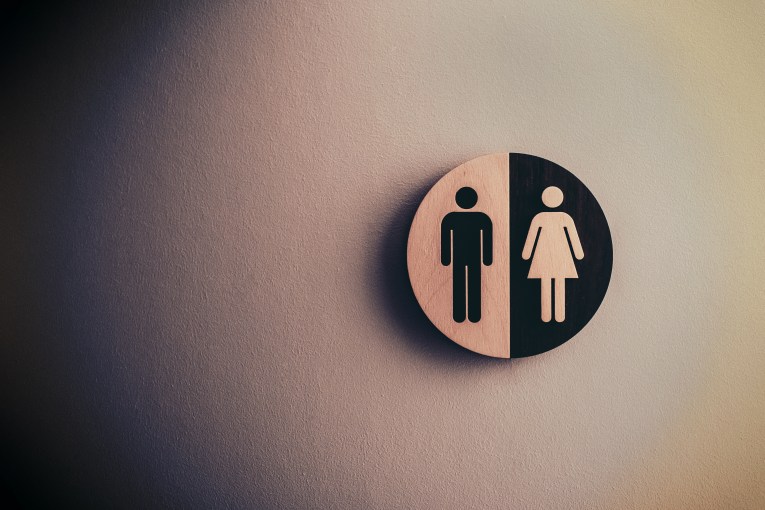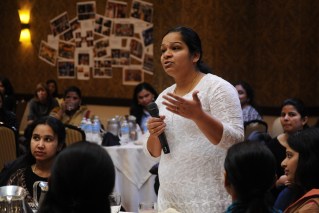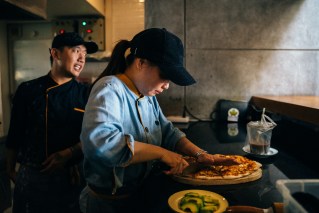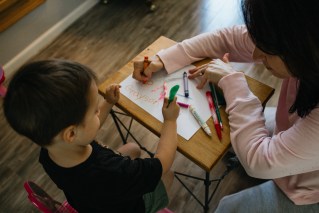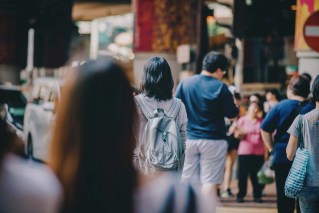Matter for debate: Championing one cause may silence others
Young people in Queensland are struggling with the drive to involve minority group causes in basic aspects of their lives, write Sabeen Alkhouri and Zainab Hassani
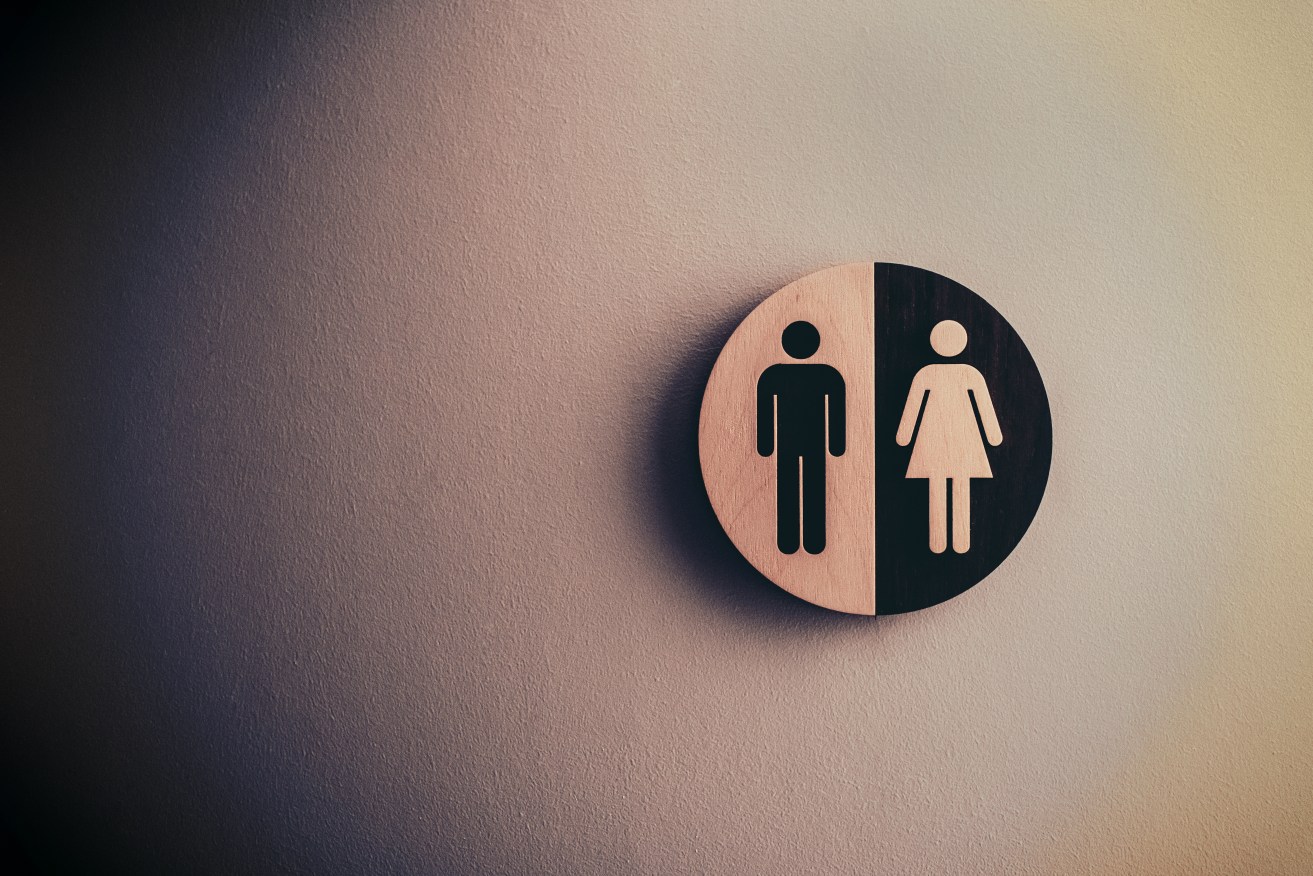
The subject of LGBTQIA+ among young Australians has reached a much larger scale in recent years. Striking a balance in terms of debating the issues associated with its rise is urgent.
Amid the push for equity and inclusivity in education, Queensland schools are making meritorious efforts to embrace the growing emphasis of LGBTQIA+ issues among young people.
However, as schools celebrate these endeavours, there are concerns among individuals, especially those with religious beliefs. These people fear being “cancelled” and their voices being marginalised; they fear the long-term consequences related to gender identity in women’s spaces and bathroom access; they fear the future of women’s sports.
Freedom of Speech
A primary concern expressed among young people is their fear of not supporting LGBTQIA+ causes. It is essential to educate students to respect people’s fundamental right to the freedom of voicing their opinions. Schools should encourage an environment where diverse viewpoints can be shared without fear of backlash or discrimination.
Sunnybank State High School teacher, Helen Binder*, was asked if she believed people who don’t support LGBTQIA+ are being excluded because their opinions matter less than those of the LGBTQIA+ community.
“Yes, I believe that they are being marginalised,” she said. “It’s a human right that everyone is entitled to their religion and to their opinions.”
While inclusivity and respect for diverse perspectives are vital in education, it is equally important to address concerns of those fearing that emphasis on this minority group in schools could marginalise individuals.
Lily Nguyen, a LGBTQIA+ supporter, disagrees that students opposed to the LGBTQIA+ community are being silenced or penalised.
“I feel like if that is something they want to share, then I don’t mind. I think they should be able to have a voice,” she said.
Striking a Balance
Schools should endorse an even balance between these two controversial arguments, to encourage having a place of free and open debate. Shutting down this debate can cause students to feel neglected, excluded and victimised.
Sunnybank State High School teacher, Nial Limestone*, believed there was an uneven balance between views of LGBTQIA+ on both sides of the spectrum and urged “respect (for) people’s views on either side of that continuum, taking into account our other cultural groups.”
Striking a balance does not only mean allowing people of opposing beliefs to share opinions openly. It should also mean giving the LGBTQIA+ community the right to exist without harassment and judgment. This community is vulnerable as they are being put under the spotlight open to judgement, harassment and abuse.
The subject of LGBTQIA+ among young Australians has reached a much larger scale in recent years. Striking a balance in terms of debating the issues associated with its rise is urgent.
Privacy and Safety Concerns
Some of the most acute concerns centre on women’s right to privacy and safety. Some fear the drive to create an inclusive environment for people of different identities is marginalising females’ right to privacy. There is a risk that places that are supposed to create a safe and private atmosphere will be dreaded by some women, all for the inclusion of LGBTQIA+.
There have been several cases of trans-women entering women’s facilities and taking advantage of their newly identified gender.
A 15-year-old female teen was sexually assaulted in a bathroom at Stone Bridge High School by another 15-year-old trans-woman in Loudoun County, United States. The trans-woman then transferred to Broad Run High School, where they sexual assaulted another girl in an empty classroom (Downey 2021).
Jan Doe, a female prisoner, was raped by a transgender inmate, Janiah Monroe, in a women’s prison at Logan Correctional Centre in Central Illinois. (Masterson, 2020).
Male rapist Karen White identified as a trans-woman and transferred to a women’s prison where he assaulted 4 female inmates in a West Yorkshire women’s jail (Emery, 2023).
These are only a few cases of trans-women in women’s spaces that have caught the attention of the media, not only in bathrooms, but spread throughout women’s facilities. Such incidents would suggest that women’s safety is being put in jeopardy for the inclusivity of LGBTQIA+. Are we neglecting women’s rights for this minority group?
Equality in Sports:
The drive for inclusivity of LGBTQIA+ people has also had an impact on competitive sport.
A BBC News report quoted sports scientist Ross Tucker, as saying that the physiological differences established during puberty can create “significant performance advantages – between men and women” (Roan & Falkingham, 2022).
The evidence shows that this can create less opportunities for female athletes due to trans-women, who have gone through adolescence with genetics of different strength.
On average, men have 36 per cent greater baseline muscle mass in their upper body compared to women (InBody Asia, 2020), while women can also outcompete men in other areas.
In a report by InQueensland last year, sports lawyer Tim Fuller “Leaving the responsibility to respective sports (for transgender issues) may be the right call though with trans athletes e.g. tall and powerfully framed trans women in rugby are at a distinct advantage to slighter built players. However, this may not be the case in, say, gymnastics”.
Women have fought tremendously for equality in sports and to be able to showcase their abilities for centuries. Should this be whipped away by the need to establish a ‘world of freedom’?
In shifting the spotlight to dealing with issues affecting the LGBTQIA+ community, there is a danger that the points of view and voices of others are silenced, not to mention the potential for the creation of long-term consequences for women’s rights and safety.
* Some names have been changed in this article to protect anonymity.
Media Academy is a joint venture between InQueensland, the University of Queensland Critical Thinking Project and individual Queensland schools. Its aim is to train young people in critical thinking and media literacy in the context of producing their own journalism.
